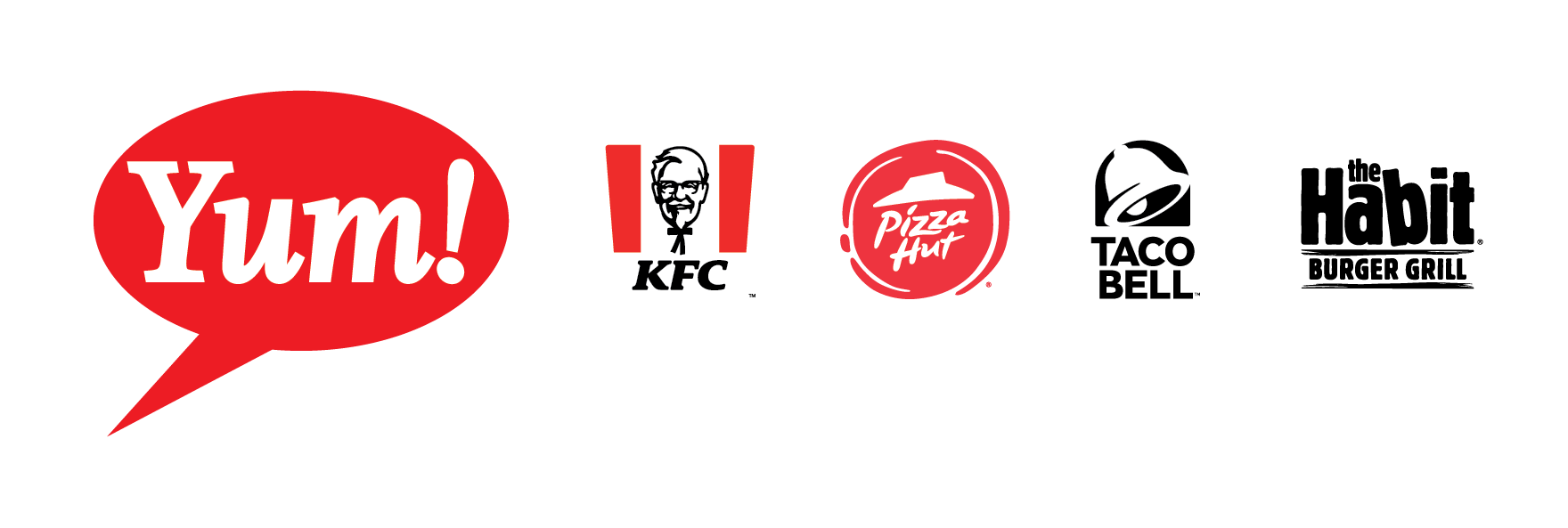Yum! Introduces Environmental Palm Oil Policy

Yum! CSR Report: Environmental Policies
Yum! is still committed to implementing its global nutritional policy that includes removal of palm oil as cooking oil in restaurants by 2017. In extenuating circumstances and by exception, markets that will not meet our nutrition policy timeline will have a plan in place to source 100% sustainable palm oil by the end of 2017.
Our goal is to source 100% of our palm oil from responsible and sustainable sources by the end of 2017. We will also give preference to suppliers that are RSPO certified. In addition, we will source palm oil only from suppliers whose operations meet the following principles:
- No development on High Conservation Value (HCV) landscape or High Carbon Stock (HCS) forests. While the HCS methodology is being refined by field testing and science review, new plantings should only be established in low carbon stock areas.
- No development on peatlands regardless of depth, and use of best management practices for existing plantations on peat.
- Compliance with country laws and regulations and our supplier code of conduct.
- Prevention and resolution of social and/or land conflicts consistent with the principle of free prior and informed consent.
- Traceability to the extraction mill and validation of fresh fruit bunches.
- Through the Yum! Global Supplier Code of Conduct and our Human and Labor Rights Policy we are committed to the respect and protection of human rights including not employing underage children or forced laborers and prohibiting physical punishment or abuse.
We will continue to work with our suppliers globally to update data and report on our progress in fulfilling our palm oil commitment annually in the Yum! CSR Report.
SUSTAINABLE SOURCING POLICY
Yum! is committed to making sustainable packaging a priority. In support of this commitment, we have developed the following Sustainable Sourcing Principles:
- Yum! will not knowingly buy paper-based packaging products that were made with fiber that comes from illegal or the following unwanted sources:
- Wood harvested from forests that have been converted to plantations or non-forest use
- Wood from high conservation value forests, unless those forests are credibly certified
- Wood where the source forest and species are unknown
- Wood harvested in a manner that violates human rights
- Wood harvested that violates local or international laws
- We will give preference to suppliers who provide paper-packaging certified by a third-party, which meets the most rigorous forest management standards. Currently the Forest Stewardship Council (FSC) standard is considered the most rigorous forest certification by leading conservation organizations. However, we must manage this aspiration in the context of technical requirements, uneven supply, and other business and regulatory considerations. Therefore we also recognize certifications from other national certifications endorsed by the Programme for the Endorsement of Forestry Certification (PEFC) and the Sustainable Forestry Initiative (SFI), provided the fiber avoids the unwanted sources listed above.
- Yum! is committed to Sustainable Packaging by increasing the amount of recycled content, as permitted by regulatory and technical constraints, across our global system. This is done within packaging content regulations to ensure food safety, as well as within performance criteria to retain functionality. Though limited availability of suitable recycled fiber restricts our access to the supply of these materials in some geographical areas, we will work to leverage sustainable practices into all of our wrappers, napkins, and containers worldwide.
- To show compliance with this sourcing policy, suppliers should substantiate their claims that fibers used to produce the paper-packaging were legally harvested and traded and that they do not come from unwanted sources as outlined above.

